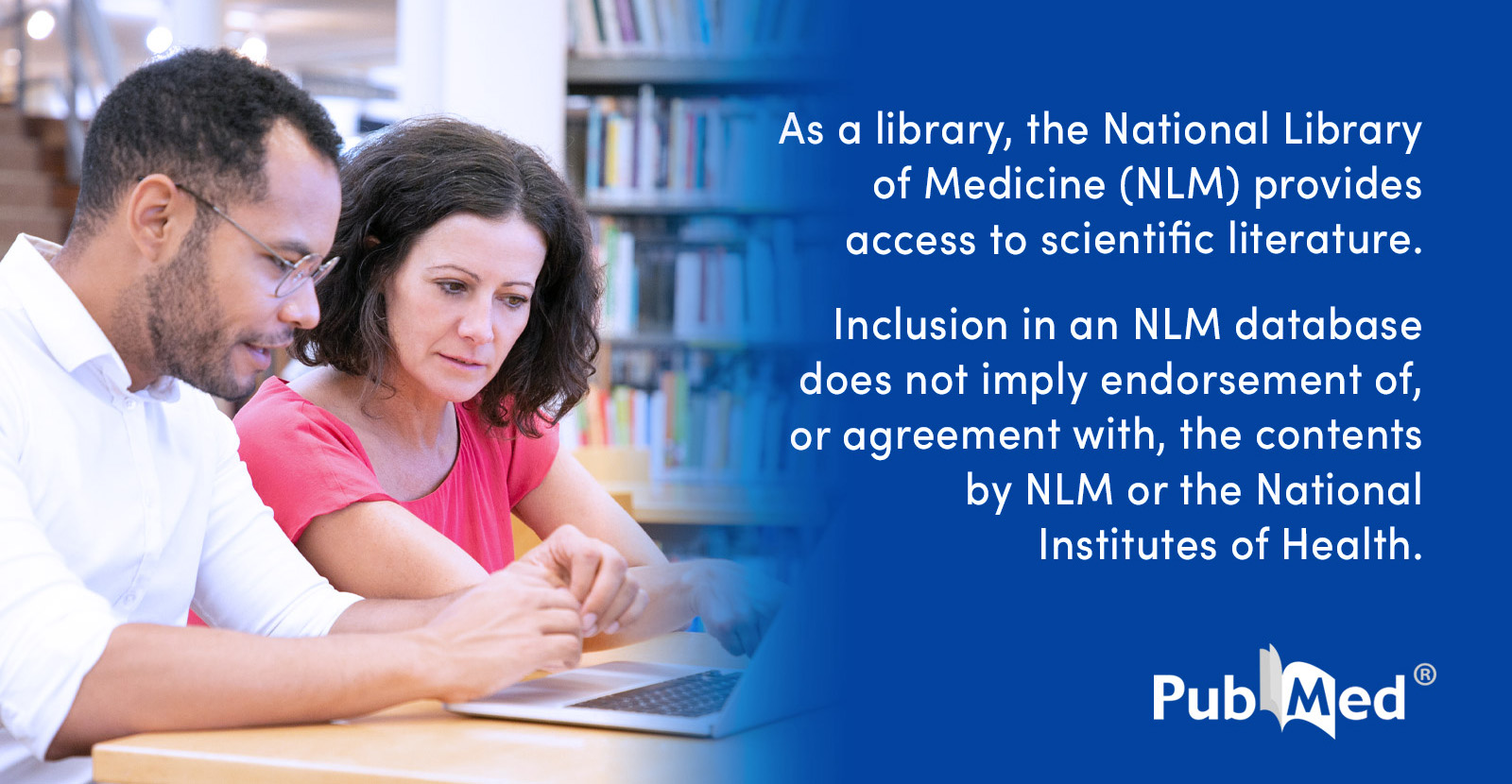Transgenerational effects of early environmental insults on aging and disease incidence.
Autor: Ambeskovic, Mirela; Roseboom, Tessa J.; Metz, Gerlinde A. S.
Publication year: 2020
Neuroscience and biobehavioral reviews
issn:1873-7528 0149-7634
doi: 10.1016/j.neubiorev.2017.08.002
Abstract:
Adverse early life experiences are major influences on developmental trajectories with potentially life-long consequences. Prenatal or early postnatal exposure to stress, undernutrition or environmental toxicants may reprogram brain development and increase risk of behavioural and neurological disorders later in life. Not only experience within a single lifetime, but also ancestral experience affects health trajectories and chances of successful aging. The central mechanism in transgenerational programming of a disease may be the formation of epigenetic memory. This review explores transgenerational effects of early adverse experience on health and disease incidence in older age. First, we address mechanisms of developmental and transgenerational programming of disease and inheritance. Second, we discuss experimental and clinical findings linking early environmental determinants to adverse aging trajectories in association with possible parental contributions and sex-specific effects. Third, we outline the main mechanisms of age-related functional decline and suggest potential interventions to reverse negative effects of transgenerational programming. Thus, strategies that support healthy development and successful aging should take into account the potential influences of transgenerational inheritance.
Language: eng
Rights: Copyright © 2017 Elsevier Ltd. All rights reserved.
Pmid: 28807754
Tags: Humans; Aged; Female; Male; Incidence; Pregnancy; Epigenomics; *Aging/genetics; *Epigenesis, Genetic; Aging; Animal studies; Brain development; Cellular repair; Chronic disease; Clinical studies; Environmental enrichment; Epigenetic regulation; Inflammaging; Intergenerational stress; Maternal lineage transmission; Multigenerational stress; Paternal lineage transmission; Perinatal programming; Reactive oxygen species; Sex differences; Transgenerational inheritance
Link: https://pubmed.ncbi.nlm.nih.gov/28807754/








